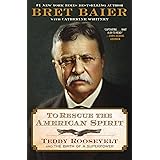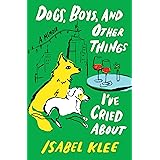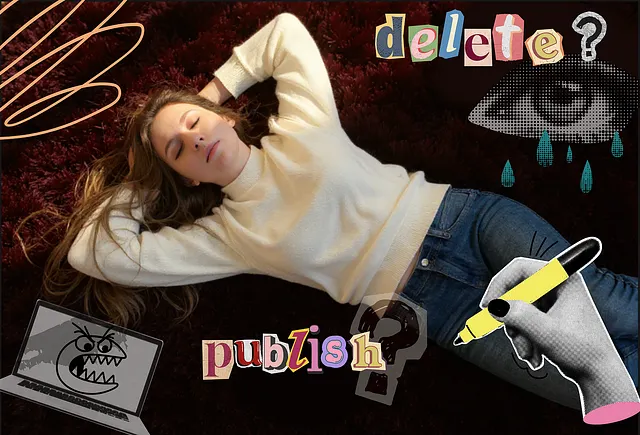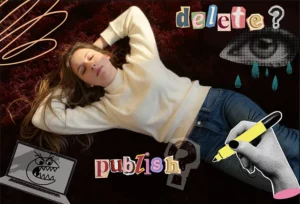Why Cutting Adverbs Could Revolutionize Your Writing Forever
- Don’t be lazy. Choosing the right word is never a waste of time.
- Stay away from adverbs that state the obvious. One does not scream loudly because by definition, screaming is done loudly.
- If a sentence is too short, don’t add a bunch of adverbs (or adjectives) to make it longer.
- Train your eye to catch adverbs when you’re editing and proofreading.
- When you spot an adverb, ask whether it’s the best word choice.
- Use an adverb if it’s necessary and you can’t convey the same meaning without it.
- Avoid vague or non-descriptive adverbs. Ask whether the adverb tells the reader something that you can show through imagery and description.
- Don’t use an adverb as a crutch for a verb (or any other word). Look for a better verb. If necessary, write a better sentence.
- Sometimes when you eliminate a single adverb, you need to replace it with several words. It took three words (batting her eyelashes) to replace one adverb (flirtatiously), but the sentence became clearer and more vivid.
- Don’t be redundant. One does not stealthily creep because to creep is “to move with stealth.”
- When you do use adverbs, use them intentionally and with purpose.
- Make it a goal to rarely use the words very or really.
Are You Overusing Adverbs?
Here’s an exercise you can do to avoid adverbs in your writing:


















Post Comment